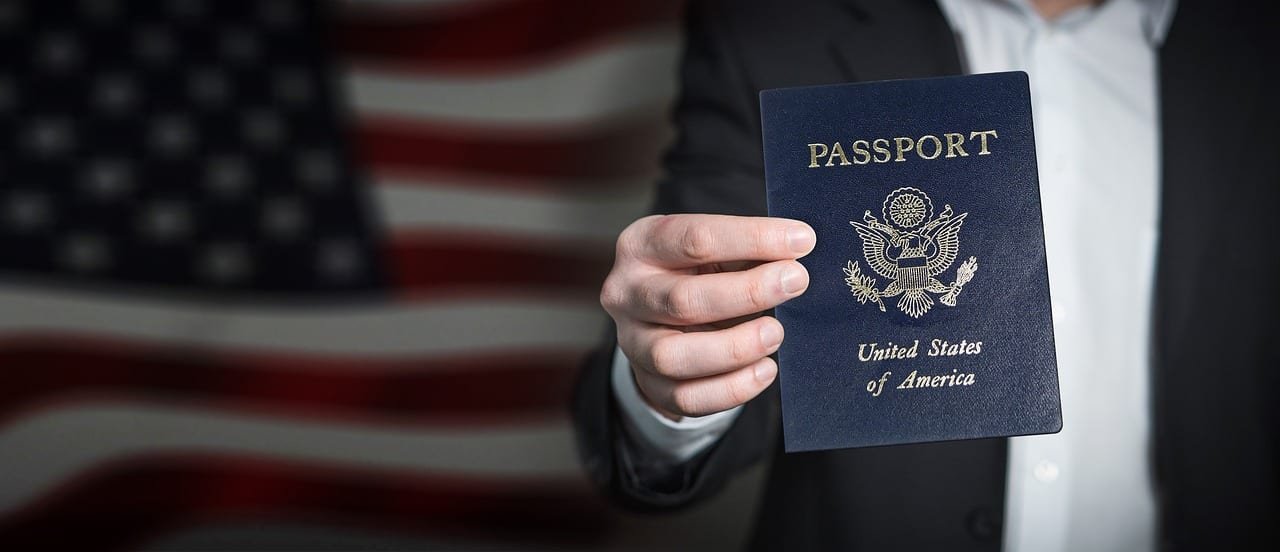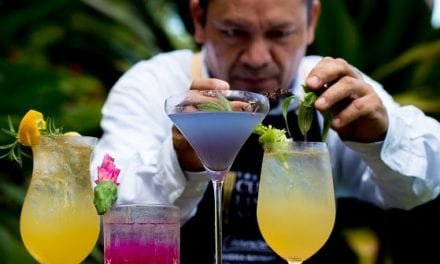Where and What in the World is going to continue to feature guest posts as well as those done by the Hill Team. Today, we have Sarah Alexandra Mayer.
Singapore, January 23, 2012
When you think about organic food, have you really realized just how much its development is linked to the very preservation of a destination?
Bali offers a huge variety of restaurants, serving both Indonesian and international food. For better or worse, some American chains have established a presence here, although almost exclusively confined to the southern tourist areas. If you were to suffer from homesickness, McDonald’s and Starbucks would welcome you.
Conversely, twenty years ago everything on the island was organic. Local farmers did not use any chemical products for fertilizing. Within those last years, many government-supported programs of chemicals have been implemented in order to increase production. So for the last twenty years the country has been exposed to very high use and abuse of chemicals in agriculture.
Balinese people are starting to realize the negative effects of using chemicals as health problems they previously did not suffer from have begun to rise.
Organic food is available to locals in places like Bali Buddha but remain too expensive for them: Bali appears therefore today as a perfect example of the paradox that tourism can generate on an island as teeming full of people, but at the same time unable to absorb such great passenger traffic.
On the one hand, tourism is one of the key element of the island economical local plan, and relies on the “paradise” brand it is proud to offer: the combination of friendly, hospitable people, a magnificently visual culture infused with spirituality and spectacular beaches with great surfing and diving have made Bali Indonesia’s unrivalled number one tourist attraction.
On the other hand, mass tourism is not only slowly destroying the environment, but also weathering a down turn in the economy. For example, the once paradisiacal Kuta, the best known tourist resort area on the island, has degenerated into a congested maze of concrete building, touts and scammers extracting a living by overcharging tourists.
A way out is to be found in ecotourism, as it epitomizes conservation, communities, and most importantly sustainable travel. It relies on a few key principles that once linked together, ensure the durability of the island as a whole: minimizing both ecological and physical impact, teaching environmental and cultural awareness and respect to both travelers and hosts, providing financial benefits and empowerment for local people.
As you understand, sustainable tourism has of course admirable goals, but not always easy to achieve. Thus, the necessity to implement its 3 aforementioned principles: both travelers and those working in the industry, foreigners and locals, should be made aware of issues related to consumption, culture and power. Ecotourism needs great planning and sensitivity in order for it to work, and even then its application is sometimes limited. It can be, however, a feasible way to transfer part of the financial wealth of the developed world toward protecting the biological wealth of such a paradise as Bali. Since one of the requirements for ecotourism is to hire and buy locally, it can be a sound alternative for many of these countries. The willingness of travelers to pay considerable amounts of money to visit ecologically valuable places around the world can be a source of great net income for Bali and its conservation efforts.
As a concrete and successful embodiment, one shall pay closer attention to the Sarinbuana Eco Lodge. The place is fully nurtured by the Balinese surrounding people, and offers home cooked meals from its organic gardens. The management, operations and development of the Eco Lodge is therefore guided by those very principles of social, economic and environmental sustainability: for example, the lodge supports the local village by offering bi-weekly English, Football and martial arts classes for children and it employs only local staff, currently comprising of 15 local women and 8 local men.
.
.
.
| About the author: Sarah Alexandra Mayer is an avid eco-tourist. She started the green travel guide www.greenty.com back in 2008 to promote a different way of traveling: developing the notoriety of eco-lodges and resorts worldwide, and highlighting hotels that engage into green practices. Sarah holds a PhD in Business Administration and the core of her research was on ecotourism and its impact on local communities.
I hope you have enjoyed Sarah’s article, and we have enjoyed hearing from her. Please check out her website, www.greenty.com. |

















